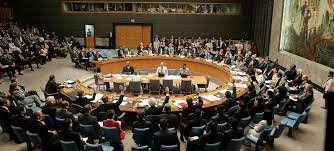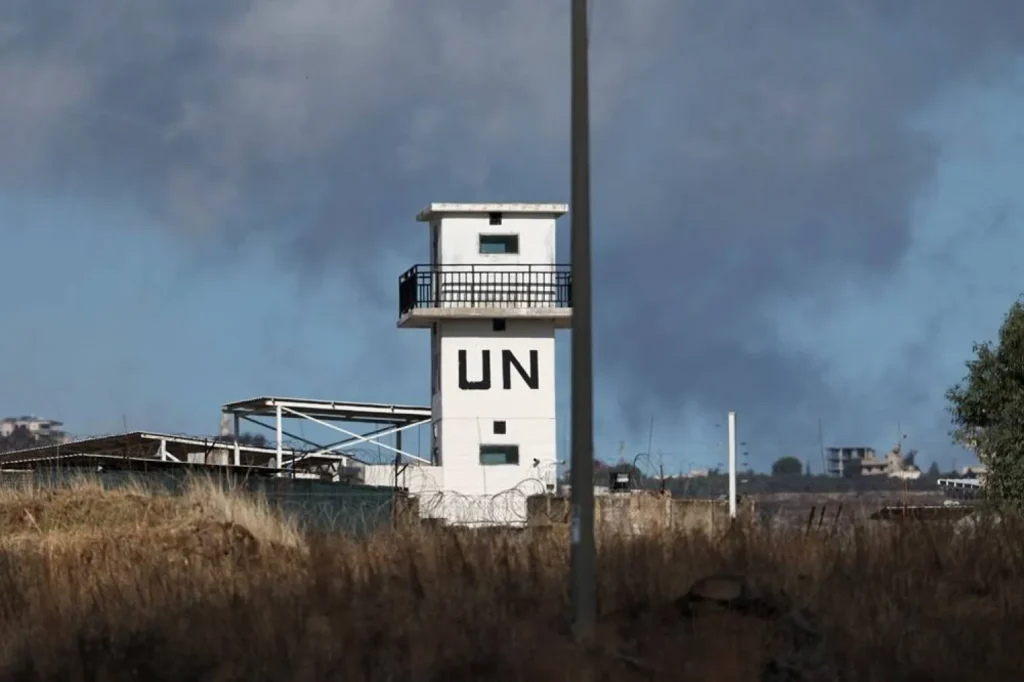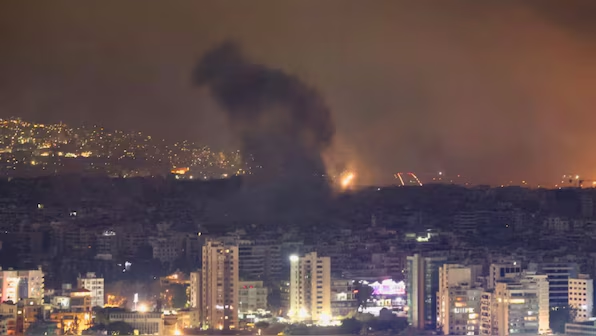Key Highlights:
On November 27, 2024, the IDF claimed to have clashed with several people in the southern Lebanese town of Meiss al-Jabal. The clash happened as the IDF implemented a ceasefire resolution meant to soothe the region. The clash highlights challenges in implementing United Nations Security Council Resolution 1701, which will ensure peace along the Israel-Lebanon border.
Meiss al-Jabal Clashes
According to IDF statements, soldiers opened fire with warning shots at people trying to reach several villages in southern Lebanon. The military confirmed that a number of suspects were hit by IDF fire in Meiss al-Jabal. This came after Defense Minister Israel Katz ordered “forceful action” to prevent Hezbollah members from returning to the area. The IDF has highlighted its transition from active combat to enforcing the ceasefire deal, with efforts to prevent unauthorized access to areas where troops are still positioned.

Understanding UN Resolution 1701
Adopted in August 2006, UN Security Council Resolution 1701 was instrumental in ending the conflict between Israel and Hezbollah. The resolution called for a full cessation of hostilities, the withdrawal of Israeli forces from southern Lebanon, and the disarmament of all armed groups in the region. It also mandated the establishment of a buffer zone free of armed personnel between the Blue Line (the Lebanon-Israel border) and the Litani River, with only the Lebanese army and UN Interim Force in Lebanon (UNIFIL) authorized to operate in this area.

Challenges in Implementing Resolution 1701
Despite its clear guidelines, Resolution 1701 has been marred by serious implementation issues. Both Israel and Hezbollah have been accused of violating the terms of the resolution. Israel has conducted several overflights into Lebanese airspace, which Lebanon considers violations of its sovereignty. On the other hand, Hezbollah has reportedly maintained an armed presence in southern Lebanon, contrary to the resolution’s stipulations. These continued violations have prevented the region from achieving lasting peace.
Recent Developments and Ceasefire Efforts
There have been renewed efforts in the past few months to enforce Resolution 1701 and stabilize the Israel-Lebanon border. A ceasefire agreement was agreed upon, which would demand the IDF to withdraw from southern Lebanon within 60 days. During this period, the Lebanese Army is supposed to take responsibility for the region gradually, and an American-led committee will be formed to hear complaints regarding potential ceasefire violations. But incidents like one at Meiss al-Jabal illustrate the challenges in sustaining the ceasefire and compelling compliance by all parties.
The Role of UNIFIL
The United Nations Interim Force in Lebanon, or UNIFIL, plays a crucial role in monitoring the ceasefire and supporting the implementation of Resolution 1701. The mandate of UNIFIL includes helping the Lebanese Armed Forces make the zone free of unauthorized armed personnel and humanitarian access to civilian populations. UNIFIL has been able to work under these challenges, which include restrictions on its movement and access, hindering it from fully executing its mandate.
International Reactions and Future Prospects
The international community continues to closely monitor the situation and calls on all parties to respect the terms of Resolution 1701. The recent Meiss al-Jabal incident has raised concerns over the fragility of the ceasefire and the possibility of renewed hostilities. Diplomatic efforts are ongoing to address these challenges and support the full implementation of the resolution in a bid to achieve lasting peace and stability in the region.
Conclusion
The Israeli forces engagement with suspects in southern Lebanon demonstrates the complexity involved in implementing UN Resolution 1701. Although it forms a basis for peace, implementation depends on the commitment and cooperation of parties concerned. The future of the border between Israel and Lebanon will depend on the persistence of diplomatic efforts and compliance with international agreements as events continue to unfold.
For Latest News Updates Click Here
